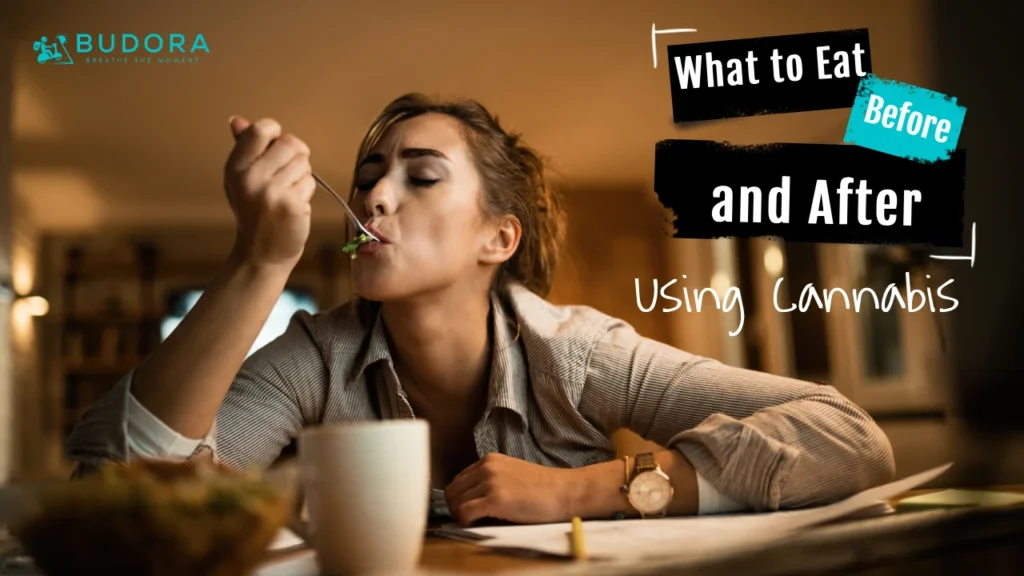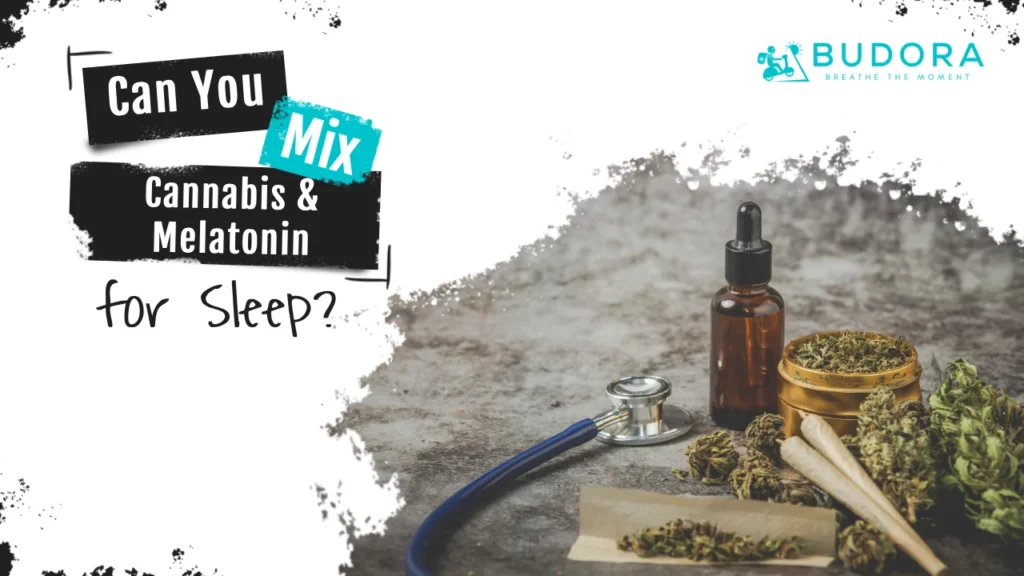Blog
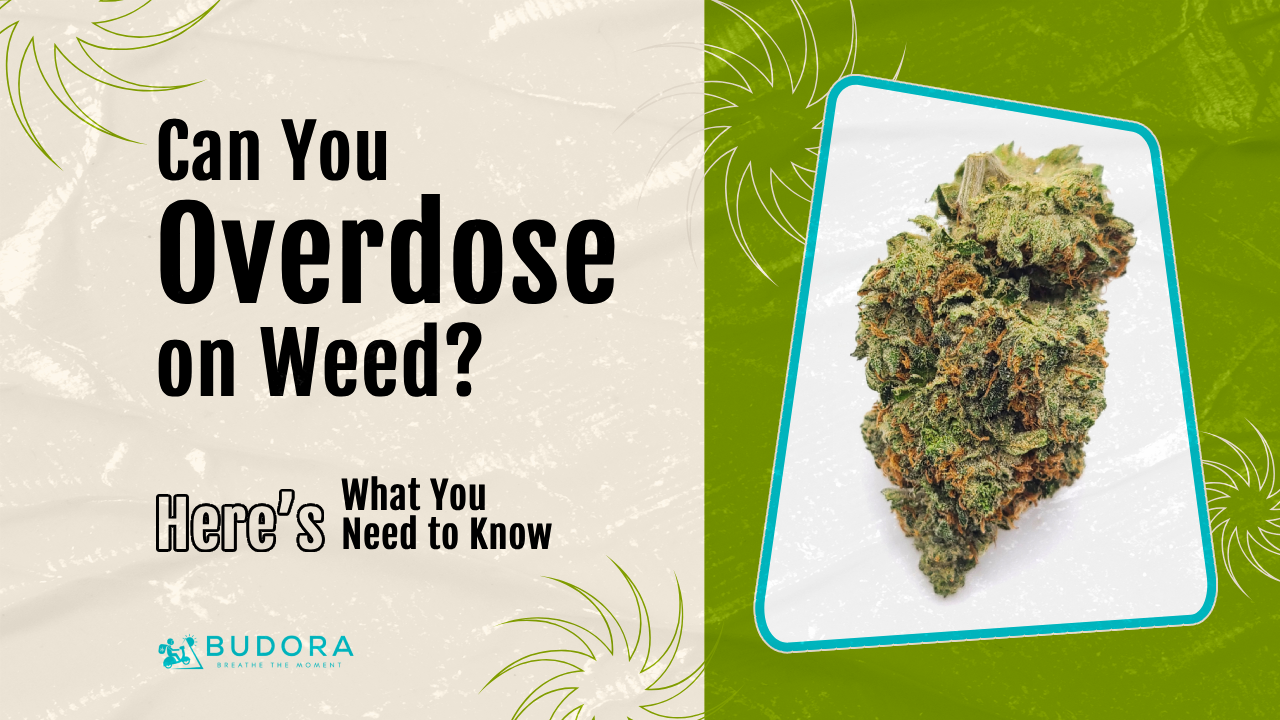
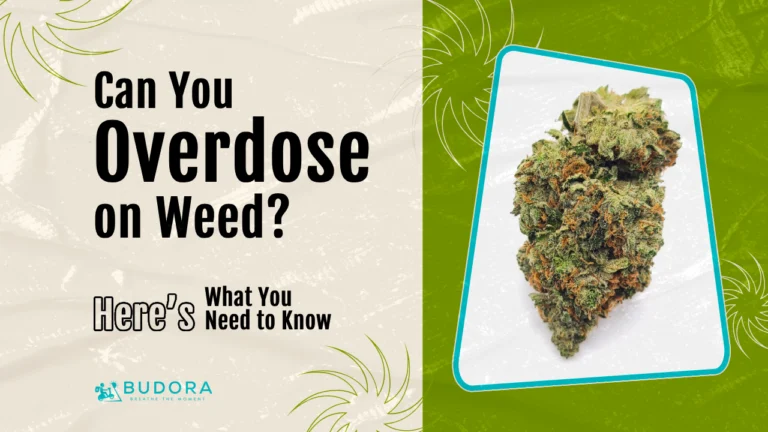
Can You Overdose on Weed? Here’s What You Need to Know
- Budora Team
Cannabis has become a go-to option for relaxation, relief, and fun. But with its increasing popularity, questions around safety are common—like “Can you overdose on weed?” The short answer: A fatal overdose is extremely unlikely, but it is possible to consume too much and experience discomfort. This guide will break down the facts about cannabis overconsumption, what it means to “overdose” on weed, and what experts say about the limits of cannabis use.
Key Takeaways
- Unlike substances like opioids, cannabis is not associated with fatal overdoses. However, consuming too much can lead to temporary discomfort and anxiety, often referred to as “greening out.
- Overconsumption can manifest symptoms such as rapid heartbeat, nausea, paranoia, and extreme drowsiness.
- Due to the delayed onset of effects, edibles can lead to unintentional overconsumption. It’s crucial to start with a low dose and wait at least two hours before considering more.
- Individual tolerance varies significantly based on factors like experience, body weight, and frequency of use.
- If you feel overwhelmed, simple strategies like drinking water, resting in a quiet space, and using CBD products can help ease the symptoms.
Could You Overdose on Weed?
Let’s clear the air—you cannot overdose on cannabis in the same way you would with substances like opioids or alcohol. THC, the psychoactive component in cannabis, interacts with the brain’s endocannabinoid system (ECS) but doesn’t affect the areas responsible for heart rate and breathing. According to the CDC, no deaths have been directly linked to cannabis overdose alone. However, taking too much can lead to an uncomfortable experience.
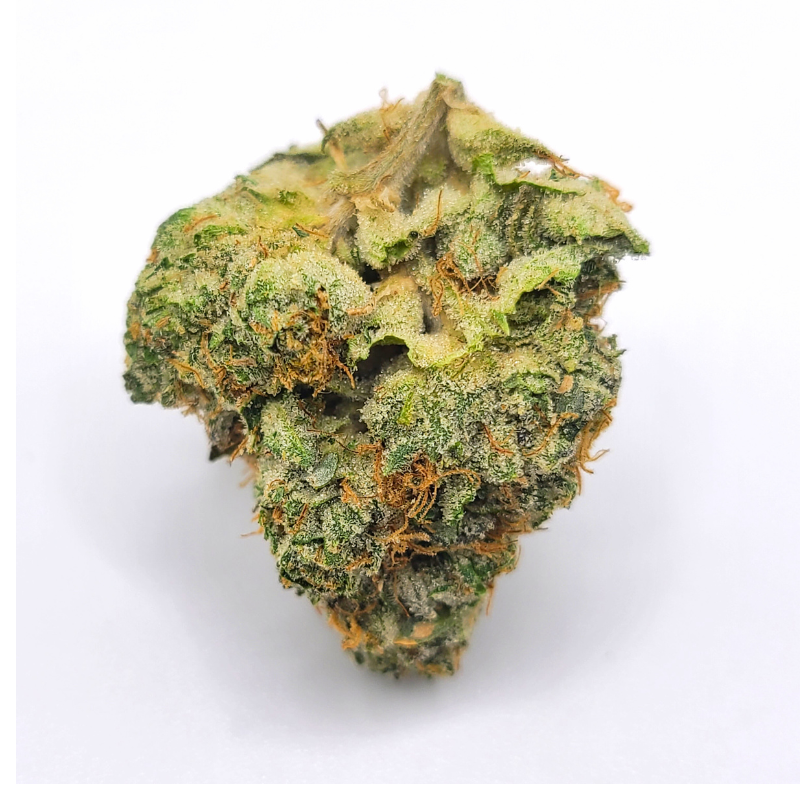
What Does “Overdose” Really Mean with Cannabis?
In typical terms, an “overdose” means consuming a substance in an amount that’s harmful to the body, often with severe consequences, such as alcohol poisoning or opioid overdose. But with cannabis, the story is different. Unlike these substances, cannabis doesn’t suppress critical functions like breathing or heart rate in the same way, making it nearly impossible to have a fatal overdose.
However, cannabis can lead to uncomfortable and sometimes intense experiences, especially if too much THC (tetrahydrocannabinol, the psychoactive compound in cannabis) is consumed.
According to a 2019 study by the World Health Organization (WHO), the estimated lethal dose of THC is around 30 grams in one sitting, which would require smoking about 1,500 pounds of cannabis in 15 minutes. That’s virtually impossible to achieve.
Unlike opioids, THC doesn’t directly affect the brain’s respiratory center, which is why there are no known reports of cannabis-induced respiratory failure or direct fatalities.
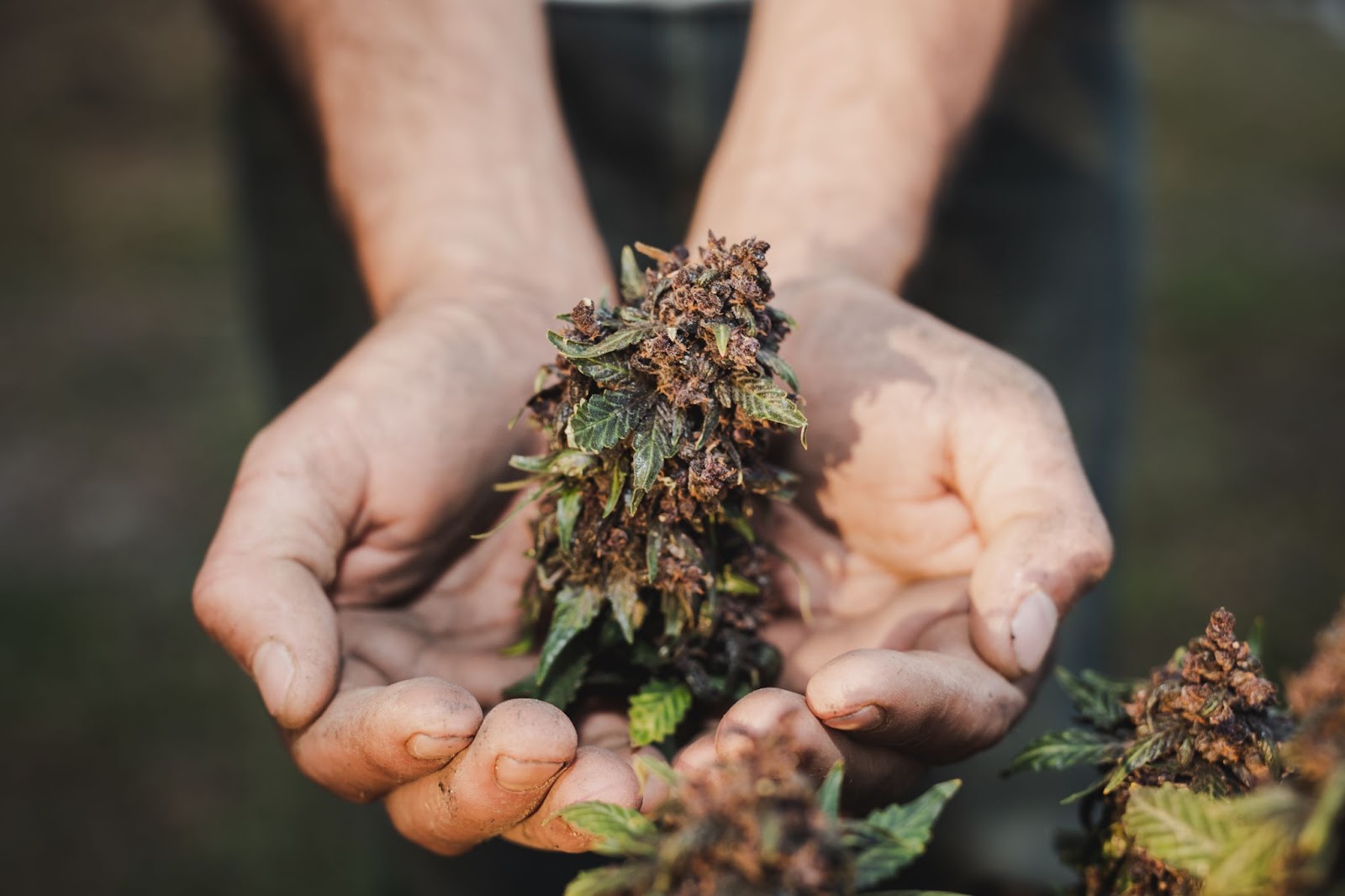
What Happens If You Take Too Much Cannabis?
While you won’t fatally overdose on weed, high doses—especially in forms like edibles—can still cause intense side effects.
- Intense anxiety or panic attack
- Rapid heart rate (tachycardia)
- Nausea and vomiting
- Dizziness or confusion
- Sweating or chills
- Paranoia or temporary hallucinations
High doses of THC edibles can be especially tricky since they take longer to kick in. Many users mistakenly consume more when they don’t feel the effects immediately—leading them to overconsume cannabis edibles without realizing it.
How Much THC Is “Too Much”?
When it comes to dosage, everyone’s tolerance level is different. Regular users often handle higher amounts of THC with fewer adverse effects, while newcomers may feel high-intensity effects from even small doses. Here’s a general guideline:
Beginner
Start with 2.5 mg to 5 mg of THC.
Intermediate
5 mg to 10 mg.
Advanced/Regular users
10 mg or more, depending on tolerance.
What to Do If You’ve Taken Too Much
If you or someone you’re with has consumed too much weed and is experiencing uncomfortable symptoms, try these methods to help:
- Stay Calm: Anxiety and paranoia are common, so try to stay calm. Assure yourself or the affected person that the effects are temporary.
- Stay Hydrated: Drink water to help manage dry mouth and stay comfortable.
- Peppercorn Remedy: Chewing black peppercorns can help relieve anxiety due to their natural terpenes, which interact with THC to reduce some psychoactive effects.
- Rest and Reassure: Sometimes, a comfortable place to sit or lie down can do wonders. Assure them that the effects will wear off soon.
How Long Does It Take for Weed to Affect the Body?
The onset time for weed effects varies by consumption method:
Smoking or Vaping
- Onset: 2 to 10 minutes
- Peak: About 30 minutes
- Duration: 1 to 3 hours
Edibles
- Onset: 30 minutes to 2 hours
- Peak: 2 to 3 hours
- Duration: 4 to 8 hours or longer
Tinctures or Oils
- Onset: 15 to 30 minutes
- Peak: 1 to 2 hours
- Duration: 2 to 6 hours
Topicals
- Onset: Minutes to 1 hour (non-psychoactive)
- Duration: Several hours
How to Avoid Overconsuming Weed: Tips for a Safe Experience
To ensure you have an enjoyable cannabis experience—without accidentally overdoing it—follow these tips:
Start Low and Go Slow
Especially with edibles, always start with a low dose (5-10 mg of THC). If you’re unsure about how much THC you can handle, it’s better to take too little than too much. Check out our beginner-friendly edibles, and low-THC chocolates. These are perfect for those just starting their cannabis journey.
Choose Balanced Strains or CBD Products
If you want a more balanced high, opt for products with both THC and CBD. CBD reduces some of THC’s intense effects, giving you a smoother experience. Buy CBD-rich oils, vape pens, and tinctures on Budora to complement your high and stay in control.
Read Product Labels Carefully
At Budora, all our products are labeled with their THC and CBD content. This helps you make informed choices and avoid accidental overconsumption.
Know Your Tolerance
Everyone reacts differently to cannabis. If you’re an experienced user, you might handle high-THC flower strains better than a beginner. But even seasoned users should approach edibles and concentrates with caution, as they deliver more potent effects. Find the perfect strain to suit your tolerance and preferences explore more!
What Products Should You Try to Avoid Overconsumption?
If you’re worried about taking too much cannabis, the right product makes all the difference. Here are some recommendations to help you enjoy cannabis responsibly:
- Low-THC Flower Strains: These strains offer relaxation without the risk of overwhelming effects.
- CBD-Dominant Products: CBD products help balance your high and minimize any discomfort from THC. Check out our CBD products here.
- Microdosed Edibles: Edibles that are pre-dosed in small amounts make it easier to control your intake and avoid overconsumption. Shop microdosed gummies and chocolates now.
- Balanced THC Products: A combination of THC and CBD gives you the best of both worlds—a relaxing high without anxiety or paranoia.
Can You Overdose on Weed Edibles?
The question “Can you overdose on weed edibles?” often comes up because edibles are notorious for their delayed onset. It can take anywhere from 30 minutes to 2 hours to feel the full effects, leading some users to eat more than recommended.
Since edibles pass through the digestive system, the effects are also more intense and last longer than smoking or vaping. This makes it easier to accidentally overconsume, especially if you’re new to cannabis. If you’re trying edibles for the first time from Budora.net, start with a low dose (5-10 mg of THC) and be patient.
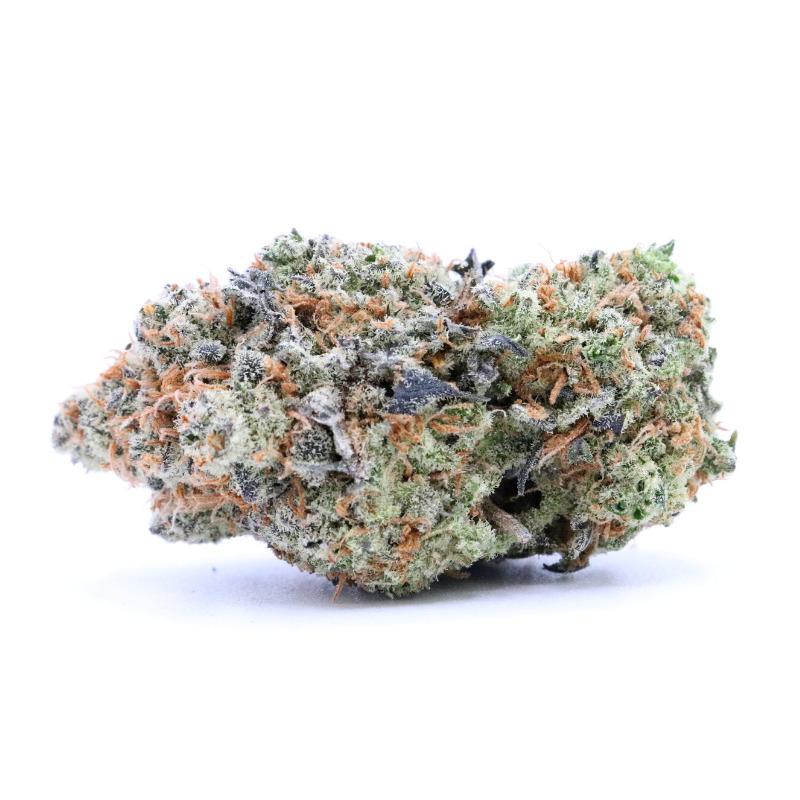
Final Word
Weed offers a range of incredible experiences, from relaxation and stress relief to pure enjoyment, especially when you know how to consume it responsibly. While it’s practically impossible to fatally overdose on weed, overconsumption can lead to an unpleasant experience—particularly with edibles and high-THC products. By following basic guidelines, choosing the right products, and starting with low doses, you can enjoy cannabis safely and comfortably.
Ready to Explore Safely? Head to Budora and browse our collection of low-THC strains, balanced hybrids, and calming CBD products. With us, you can enjoy cannabis responsibly, comfortably, and on your terms.
Frequently Asked Questions
What does weed intoxication cause?
Weed intoxication can cause relaxation, euphoria, heightened senses, and increased appetite. However, overconsumption may lead to anxiety, paranoia, dry mouth, dizziness, rapid heart rate, and impaired memory.What happens if a toddler gets high?
If a toddler accidentally consumes cannabis, they may experience lethargy, confusion, vomiting, difficulty breathing, or seizures. Seek immediate medical help if a child shows signs of cannabis exposure.What does weed do to your brain?
Cannabis affects brain regions controlling mood, memory, and coordination by activating CB1 and CB2 receptors in the endocannabinoid system. Long-term heavy use can impair cognitive function, especially in young people.Is it bad for a 13-year-old to be high?
Yes, cannabis use in adolescents can interfere with brain development, impair learning, and increase the risk of mental health issues such as anxiety and depression. Early use may also lead to dependency.Can weed make you angry?
While cannabis typically promotes relaxation, some people may experience irritability or mood swings, especially if they overconsume or use strains high in THC. Pre-existing mental health conditions can also play a role.Can you throw up if you get too high?
Yes, consuming too much THC can cause nausea and vomiting, sometimes leading to Cannabinoid Hyperemesis Syndrome (CHS)—a condition marked by repeated vomiting in chronic users.How many joints are too many?
The ideal number varies by tolerance, but more than 2-3 joints in one session may result in overconsumption, anxiety, or paranoia, especially for beginners. Always start low and go slow to avoid discomfort.Like this article?

Budora Team
OTHER ARTICLES YOU MAY LIKE

